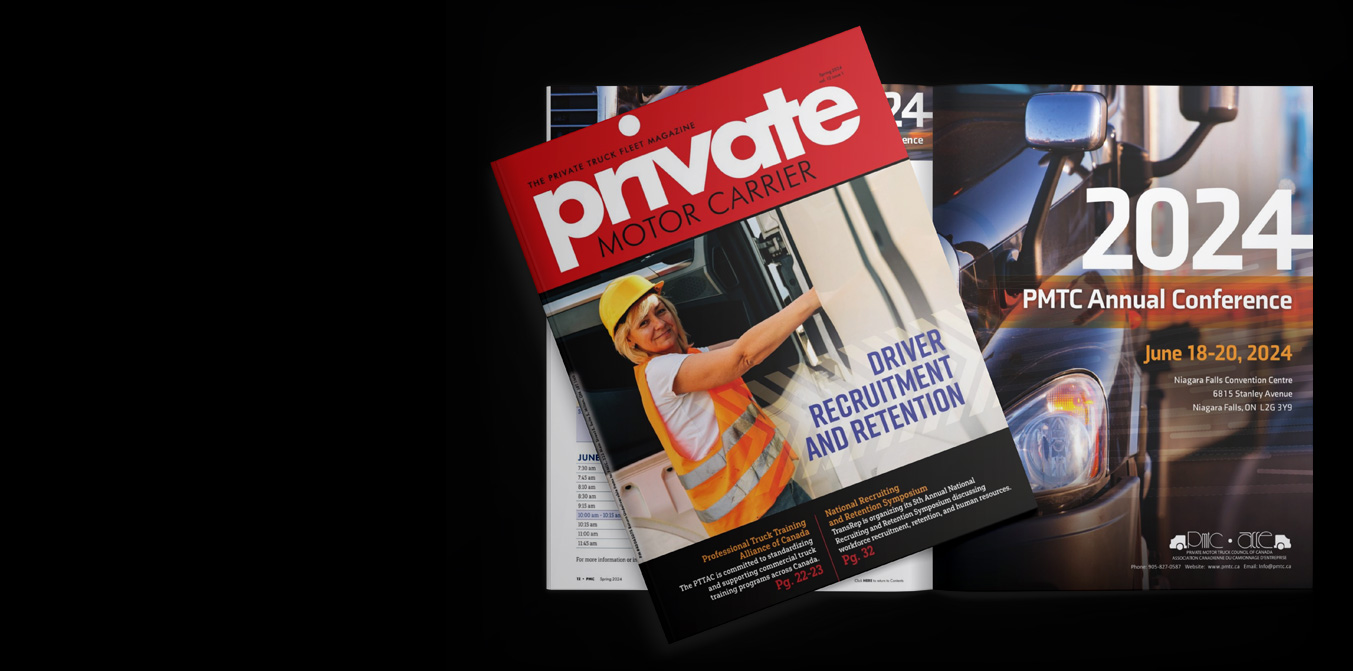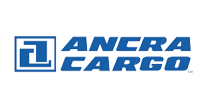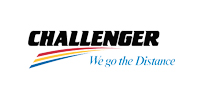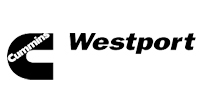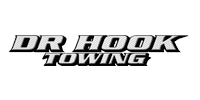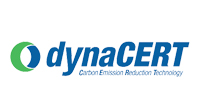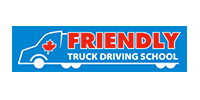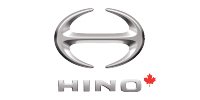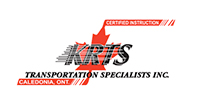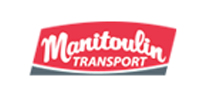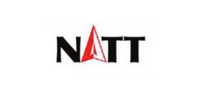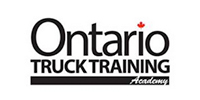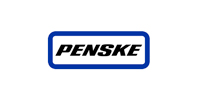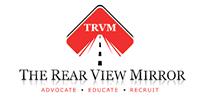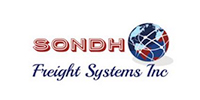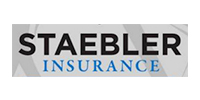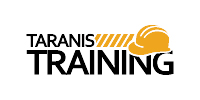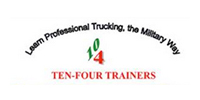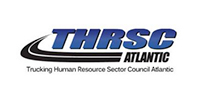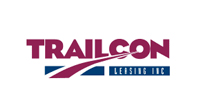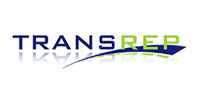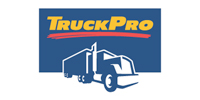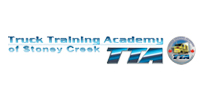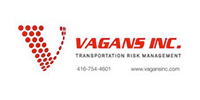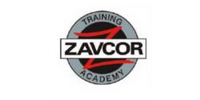Want to attract the best drivers? They’re looking for more than a paycheque.
MOST MANAGERS WOULD DREAM of a fleet packed with drivers from the Private Motor Truck Council of Canada’s (PMTC) Hall of Fame for Professional Drivers. When researchers studied this group and other high performers in private fleets they found employees who are focused, self-disciplined and conscientious; comfortable working on their own without being antisocial; and, serious about “getting it right”.
They don’t add to the challenge of employee turnover, either. Experience of drivers in the Hall is typically measured in decades rather than years. Mike Sawicki, who was inducted last year, has been driving for Cardinal Health for 32 years, accumulating more than 5 million safe kilometres along the way. Paul Boshart joined the Hall after four decades with Home Hardware, and was also recognized by the Infrastructure Health and Safety Association after traveling more than 8 million kilometres.
Predictive Success looks for specific attributes when using its surveys designed to identify the best job candidates for safety-sensitive roles. A lower dominance score shows someone who is tolerant, follows leaders, and will do exactly what they are taught to do, says managing principal and former fleet executive John Lobraico. A lower extrovert score shows someone who is more focused on their job and able to work independently for long periods of time. High levels of patience identify someone who can follow a process. “You teach them a circle check and they’ll do it from start to finish,” Lobraico says. And someone with a high level of formality will follow rules to the letter. The latter group will take more time to train during orientation programs, but the records indicated they will be safer on the road.
But the search for dream drivers like these is no small task, particularly at a time when employees of every sort are harder to come by. According to Trucking HR Canada, an industry consortium that includes PMTC, about six in 10 fleets already struggle to find drivers. To make matters worse, the number of jobs in the trucking industry is expected to grow 26.6% between 2011 and 2021. A recent report by the Conference Board of Canada echoed the same threats. It said Canada could experience a shortage of 25,000 to more than 33,000 truck drivers as early as 2020. And the U.S. Bureau of Labor Statistics expects driving jobs to grow 21% between 2010 and 2020, outpacing all other occupations.
It can be tough to find someone who is able to fog a West Coast mirror, let alone identify someone who boasts the skills and experience to lower collision rates and enhance productivity.
What will attract the best drivers in the first place?
“As a driver, you look for certain things in a company. You look at the type of equipment and how you’re treated and what the rewards are,” Sawicki says. “You look at the whole picture ... good drivers can get a sense of what a company is offering.” In particular, the industry veteran says the safest drivers will be looking for proof of a commitment to maintenance. “You have to have someone who firmly believes it can be done well and done legally, and the driver can be rewarded and treated respectfully.”
Late-model equipment certainly helps. He knows he is attracted by the promise of a brand new tractor every four years, and even looks forward to the Saturday morning meetings held every three months to discuss any challenges that drivers may have. “The Company shares that with us and update us on any changes in the law, or changes in the business, and what we can expect in the future,” Sawicki says.
Private fleets may also have an underlying advantage in the recruiting process. “The private industry has a little better image,” Boshart suggests, although he can’t put a finger on why that is. Sawicki thinks it has to do with the nature of the routes. “We don’t do a lot of pin-to-pin work. We do a lot of customer interactions,” he says.
Trucking HR Canada suggests that company branding can play a key role in attracting qualified candidates as well. “What makes you different from the competition? Why should a qualified, experienced driver work for you? What do you have to offer that is better or different from the competition?” asks the consortium’s Your Guide to Human Resources. Any valued candidates need to be left with a positive impression after speaking with recruiters. “Well-maintained equipment, and drivers who act and look professional while representing your company on the road, all contribute to building your brand,” the guide says.
As important as equipment and images can be, personal relationships may be the biggest factor in keeping superior drivers on the payroll. Sawicki, for example, refers to Cardinal Health’s open-door policy to address any issue. “They’ve been sensitive. If I need personal time, they’ve always been cooperative. If the run is too much, they’ve adjusted it,” he says.
While every workday can cause stress, Boshart admits the company atmosphere can help to keep them from getting out of hand. He always enjoyed a good rapport with dispatchers, even if the best route went to another driver. “They’d always get your input instead of saying, ‘Boom. This is how it’s going to be done. Here’s the map. Here are the hours.’”
It’s a matter of respect. Boshart joined Erb Transport 47 years ago because he was attracted by the work ethic of founder Vernon Erb. “I knew if I put the effort into Vernon that I would get a benefit.” The same was true when he made the transition to the only other employer he would ever know. “[Home Hardware founder Walter Hachborn] said, ‘My boys work hard for me. I look after my boys.’” The unabashedly religious driver refers to them as Christian ethics. “We thrived in doing well,” Boshart says. “We loved doing well. Whenever we came home, all the dispatchers said, ‘Good to see you.’”
He saw drivers treated with dignity, and given a sense of ownership over the truck. If the company equipment had to be used by someone else, drivers were still called and notified as if their names were on the bill of sale. “If I put a mark on a piece of equipment, it broke my heart,” Boshart adds.
Small rewards can make a lasting impression, too, and reinforce the feelings about a good job. After decades on the job and several awards, Boshart still refers to modest gifts like a flashlight and sleeping bag that made a lasting impression. Scratch and win tickets were added to pay envelopes, for prizes such as a set of fog lights for the family car.
“They won my loyalty and they won my respect,” Boshart says. “There’s a thing called reaping and sowing ... it will all come back to you.”
5 Key Questions
A checklist for your fleet’s recruiting process
- Is your strategy attracting the right type of people? Poorly qualified candidates should quickly and naturally remove themselves from the recruiting process.
- Are you attracting enough qualified people? With an increasing competition for qualified drivers, it may be time to explore largely untapped sources of workers. For example, you could target newly licensed drivers from specific training schools, women, retirees, or recent immigrants.
- Do your recruiting strategies discriminate? – Although legislation varies slightly between provinces, Human Rights Commissions place limits on the information that can be collected and the questions that can be asked.
- Are you providing an accurate picture of your fleet? – What you tell candidates in the recruiting process needs to match what they will experience when working for your company. Any inconsistencies or inaccuracies may lead to an unhappy employee and increased driver turnover.
- Are you acknowledging every applicant? – Ideally, every person who applies for a position in your company should be acknowledged and thanked. A candidate who does not meet your criteria today could be a candidate in the future.
Source: Trucking HR Canada – Your Guide to Human Resources


